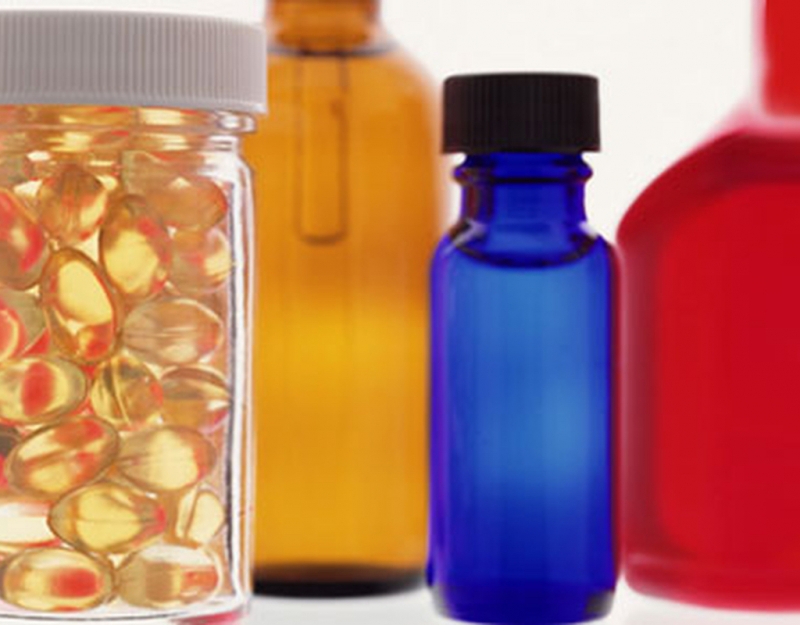During pregnancy, everything that goes into your mouth and body has a direct bearing on the health of your developing baby.
In addition to cutting, or dramatically reducing, consumption of alcohol, caffeine and nicotine, your intake of medicines needs to be carefully monitored by your doctor.
Antibiotics that are quite commonly given to stave off infections – such as clindamycin, erythromycin and tetracycline – aren’t recommended in pregnancy, while the strong treatment isotretinoin is known to be harmful in pregnancy.
If you do get sick while you’re pregnant there are healthy alternatives available to help you manage your illness and get better.
Colds
Many decongestants contain ephedrine and because this can have an impact on your blood pressure, it should be avoided in pregnancy.
Try using a vapour rub or inhalant containing decongestant oils, like menthol and eucalyptus. Put a few drops in a bowl of hot water, drape a towel over your head and inhale the steam. Ten minutes should be enough to clear your head.
If you usually take antihistamines to relieve hayfever, check with your doctor first to make sure they are safe, and discuss alternatives.
Constipation
With your developing baby now absorbing many of the nutrients from the food you eat, your food has a longer transit time through your digestive system and this can lead to constipation. Taking iron supplements can make the problem worse.
Don’t reach for the laxatives. They are best avoided in pregnancy as laxatives can reduce the nutrients your baby is getting. Instead, make sure your diet is healthy and full of fibre from fresh fruit and vegetables. Be sure to drink plenty of fluids. If that is still not relieving your discomfort, fibre drinks available from your chemist are safe to use.
Diarrhoea
If it continues for more than a couple of days, see your doctor. Traditional diarrhoea treatments aren’t recommended during pregnancy but if it is necessary for you to take rehydration salts to replace lost nutrients, your doctor will advise.
Coughs
Different cough medicines contain several different ingredients – some of which may be harmful for your developing baby – so a chat to your local pharmacist is strongly recommended. Steam inhalation may help a loose cough, while a dry cough could get some relief from sipping a hot honey and lemon drink.
Be sure to avoid medicines that contain codeine or dextromethorphan.
Cystitis
The burning sensation can be uncomfortable but the high salt content of shop-bought remedies that contain sodium citrate and sodium bicarbonate should be avoided. Your doctor will be able to recommend a safe remedy. Drinking lots of fluid – especially cranberry juice – will help.
Reflux
With your growing baby and uterus pressing on your stomach, acid is forced back up into the food pipe (oesophagus) and causes heartburn. Drinking a glass of milk, or sipping peppermint tea may help.
Thrush
Anti-fungal creams and pessaries are generally safe to use throughout your pregnancy but do discuss it with your doctor first. You may have a more serious infection that could affect your developing baby, or it could be a sign of gestational diabetes. Oral thrush remedies should not be taken during pregnancy.
If you regularly take any medicines for existing conditions, such as epilepsy or diabetes, it is very important to discuss your pregnancy with your doctor to make sure that the medication is safe to use. Some medications for these conditions may cause a greater risk of birth defects.
Remember:
Always talk to your doctor before taking any medication.
This article was written by Claire Halliday for Kidspot NZ.
This information is intended as a guide only and should not replace advice from a qualified professional.







Leave A Comment
You must be logged in to post a comment.